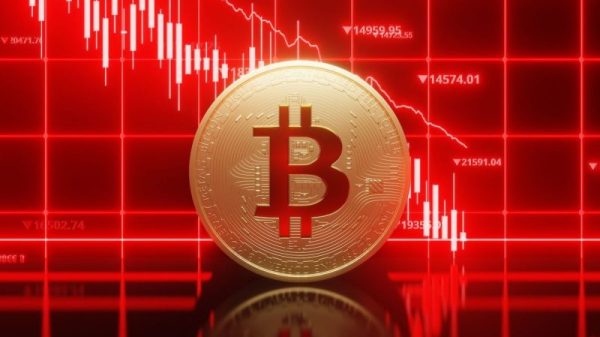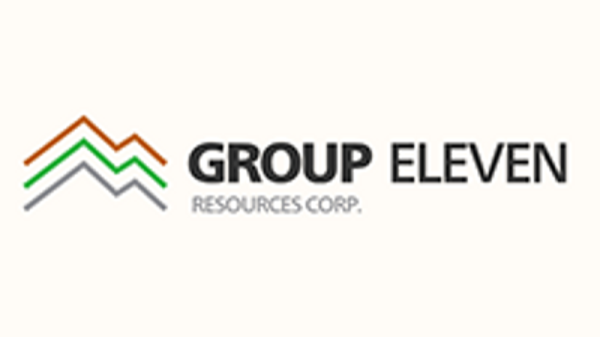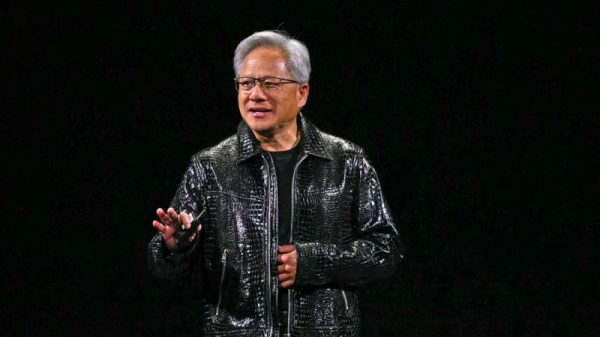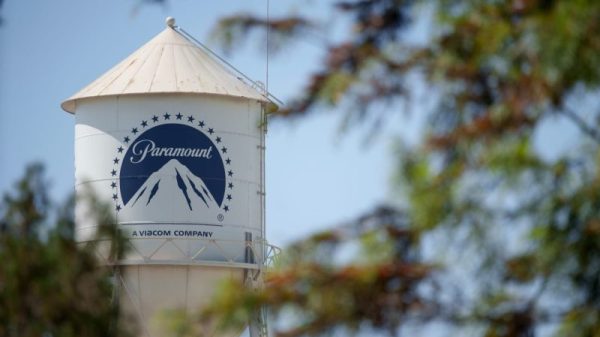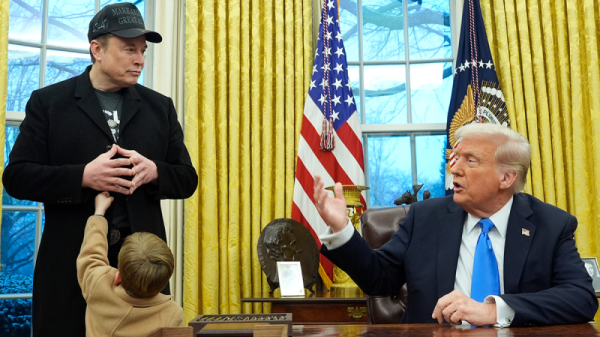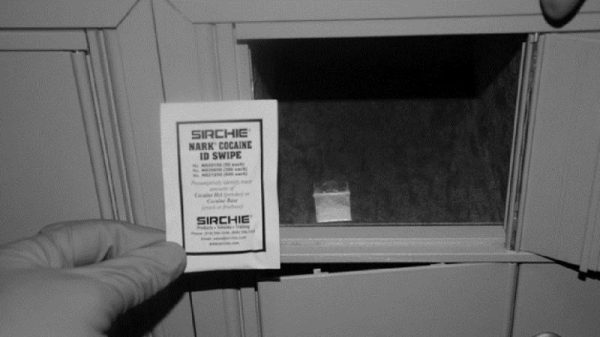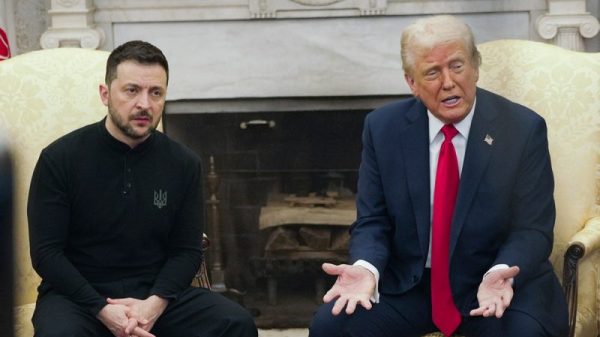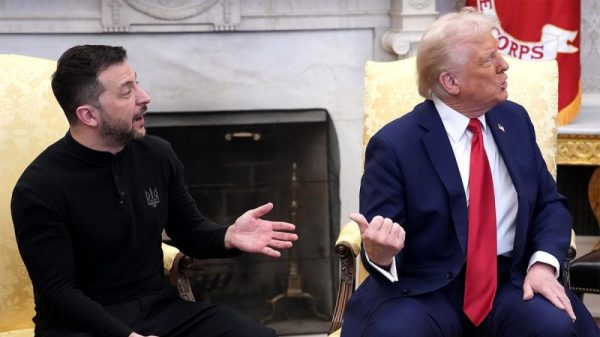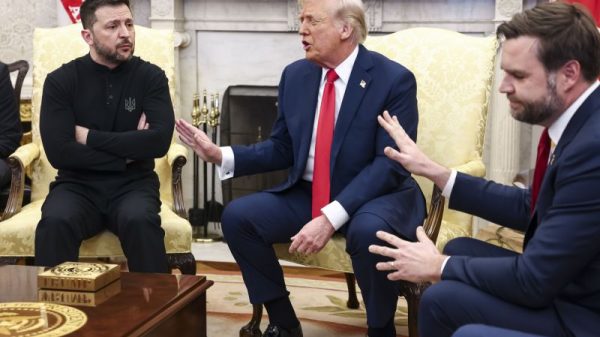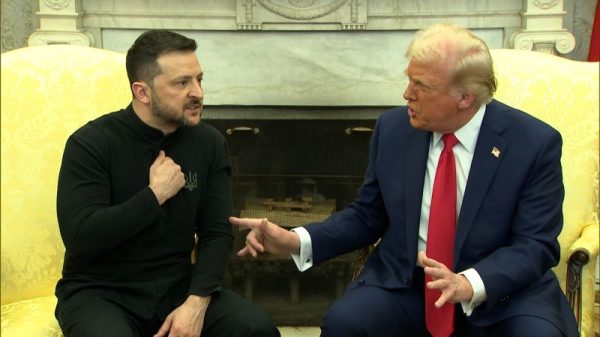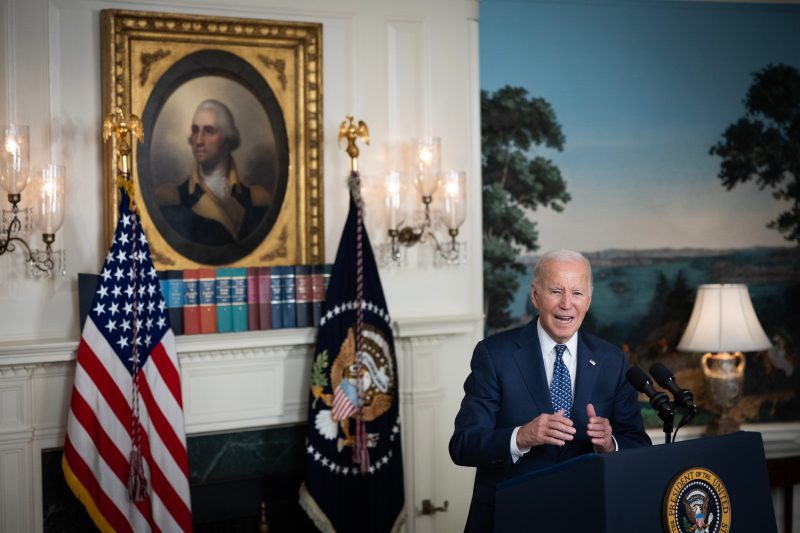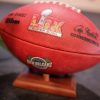“I’ve seen the headlines since the report was released about my willful retention of documents. This assertion is not only misleading, they’re just plain wrong.”
— President Biden, remarks to reporters, Feb. 8
“Our investigation uncovered evidence that President Biden willfully retained and disclosed classified materials after his vice presidency when he was a private citizen.”
— executive summary of a report by special counsel Robert K. Hur, who investigated Biden’s retention of classified documents when he was out of office, released Feb. 8
In his fiery news conference Thursday about Hur’s report, the president disputed that the report — which recommended no criminal charges concerning Biden’s handling of classified documents — concluded he had willfully retained the documents. He quoted from specific passages — Page 215, for example — to make the case that the report said the “exact opposite” of the executive summary being quoted in news reports.
A large part of the 388-page report is devoted to examining whether prosecutors could make a case against the president that would result in a conviction. Despite the evidence gathered by prosecutors, the report repeatedly concludes that it would be tough to win a case — often because Biden had reasonable defenses, the facts were murky or Biden had cooperated fully with the investigation.
Indeed, the report says jurors could decide that Biden “did not willfully retain” documents related to Afghanistan and national defense information found at his home. It also says evidence suggests he did not willfully retain documents found at the University of Delaware and that he did not willfully disclose classified information to someone not authorized to receive it. In many cases, the special counsel decided that the documents were mishandled by mistake — or were not especially important anymore, despite the classification level.
There’s an old saying that a grand jury would indict a ham sandwich; the report certainly indicates that there might be enough evidence to obtain an indictment regarding Biden’s handling of a handful of the documents. But any charges must be proven in court, and the report concedes that the evidence is insufficient to win a conviction. So it’s presumably a frustrating situation for the president — he’s not being charged with wrongdoing, but he doesn’t get his day in court to prove his innocence.
As a reader service, here’s what the report says about each specific set of documents discovered in the year-long investigation and whether Biden willfully retained national defense information or willfully disclosed it — which would be the basis for criminal charges.
Biden kept notes on key meetings and then worked with a ghostwriter, Mark Zwonitzer, on a book, “Promise Me, Dad,” which covers a 14-month period of his vice presidency during which his older son, Beau, died. The report says “the evidence shows convincingly” that Biden knew the notebooks contained classified information.
“During many of the interviews with his ghostwriter, Mr. Biden read from his notebooks nearly verbatim, sometimes for an hour or more at a time,” the report says, quoting from audio recordings and transcripts. “At times during these interviews, Mr. Biden took steps to ensure that Zwonitzer did not read or have access to the classified portions of the notebooks. … At other times, however, Mr. Biden read his notes from classified meetings to Zwonitzer nearly word-for-word.”
The report notes that one defense Biden would have for retaining the notebooks is that the Justice Department took no action after it was discovered that former president Ronald Reagan had kept eight years’ worth of handwritten diaries that contained classified information. In his interview with Hur, Biden brought up the Reagan example.
The report says that Biden could credibly claim he thought his notebooks were his personal property and that he was allowed to take them home after his vice presidency. As a result, the report said, “we do not believe there are viable criminal charges against Mr. Biden for willfully retaining classified information in the notebooks.”
Biden also retained some notecards, contending in an interview with Zwonitzer that they were in a “gray area” and did not to have to go the National Archives. “That Mr. Biden was mistaken in his legal judgment is not enough to prove he acted willfully, which requires intent to do something the law forbids,” the report says.
The report says that there is evidence that Biden, on three occasions, may have disclosed classified information to Zwonitzer, who did not have clearance. But, the report says, “we do not believe the evidence supports charges of willful disclosure beyond a reasonable doubt.” That’s because Biden, while speaking to Zwonitzer, indicated uncertainty about whether the passages in his notebook that he was reading were classified. As a result, “we conclude that the evidence does not establish that Mr. Biden willfully disclosed national defense information to Zwonitzer.”
Bottom Line: This is the strongest example of Biden possibly mishandling classified information. But the report concludes that the case would be weak, given the Reagan example and given that Biden generally appeared to be careful to not repeat classified information to someone not cleared to receive it.
The FBI found in Biden’s Delaware garage a cache of documents related to a 2009 Obama administration debate over whether to send additional troops to Afghanistan — a policy step Biden fiercely opposed. The report considers whether Biden may have once had the documents in a Virginia home he rented in 2017, given that he told Zwonitzer at one point that he had “just found all the classified stuff downstairs.” But the report could not determine precisely what these documents were — and thus whether they were classified — and whether the Afghanistan materials found in Delaware had ever been in Virginia.
“While it is natural to assume that Mr. Biden put the Afghanistan documents in the box on purpose and that he knew they were there, there is in fact a shortage of evidence on these points,” the report concedes. (Biden quoted from this sentence at his news conference.)
Moreover, the report noted that Biden, as vice president, had the right to retain the documents at his Delaware home and that he regained that right as president. So he could be charged only with retaining the documents for the period in between. Although dozens of people were interviewed, “all denied knowing that the classified Afghanistan documents were in the box, and all denied knowing when or how the box and its contents arrived in the garage, or who put them there.” Separately, while some other classified documents were found in notebooks at Biden’s home, the report said “the evidence does not show that Mr. Biden knew the classified documents were in his home, and it is plausible that they were stored there by mistake.”
The report also said that the many documents may no longer be sensitive. “The Afghanistan documents are now almost fifteen years old,” the report said. “While there is evidence that some contain national defense information, in general, they concern a conflict that is now over, in a country where there are no longer any American troops, about a subject (the 2009 troop surge) that has already been widely discussed in books and media reports. At a trial, we expect the defense would strongly challenge whether the documents still contain sensitive national defense information.”
Bottom Line: The report concludes it cannot claim that Biden willfully kept this information — and that it may no longer be that sensitive anymore.
A key document found in Biden’s home was a 2009 handwritten memo to Obama, sent around Thanksgiving that year, expressing strong opposition to the Afghanistan troop surge. The memo discussed a November 2009 State Department cable, and the cable itself, which is marked “Confidential,” is clipped to the memo. Biden told investigators he guessed he had held onto the memo for “for posterity’s sake” as it reflected his position on the Afghan policy. But he said he did not believe it was classified when he discussed it with Zwonitzer. (The report notes that Bob Woodward described the memo in detail in his 2010 book “Obama’s Wars.”)
“Because we cannot prove that he knew the memo was classified when he left office, we cannot prove that by retaining the memo, he willfully retained national defense information,” the report says.
As for the State Department cable attached to the memo, the report concludes that it “does not appear to contain national defense information today, and there is no reason to believe it did in 2017.”
Bottom Line: The report concludes that Biden did not think this memo was classified and it probably was not.
While moving documents from Biden’s old office at a Washington-based center affiliated with the University of Pennsylvania, staffers discovered boxes containing materials marked “EYES ONLY” and classified materials on such foreign policy issues as Iran’s nuclear program and talking points for a Biden call with the Ukrainian prime minister. The discovery triggered the inquiry that led to the appointment of a special counsel.
“The evidence supports an innocent explanation for the unauthorized retention of those documents,” the report says — mainly that staff members forgot about them and unwittingly moved them out of the West Wing at the end of the administration. The report says there is no evidence that Biden reviewed the documents or moved them himself.
Bottom Line: The report exonerates Biden and blames staff error.
In 2011, Biden donated 2,000 boxes of senatorial papers to the University of Delaware. In 2023, an FBI review found five documents marked as classified. The FBI also searched 263 boxes stored at the Biden Institute, located on campus, and found seven marked classified documents dated between November 1979 and June 1980.
“The evidence does not establish that Mr. Biden or anyone else knowingly removed or retained the classified documents found at the University of Delaware,” the report says. “These documents appear to have been included in his Senate papers by mistake.” The report says there is no evidence Biden ever personally viewed these documents.
Bottom Line: The report exonerates Biden and blames staff error.
(About our rating scale)
Send us facts to check by filling out this form
Sign up for The Fact Checker weekly newsletter
The Fact Checker is a verified signatory to the International Fact-Checking Network code of principles

